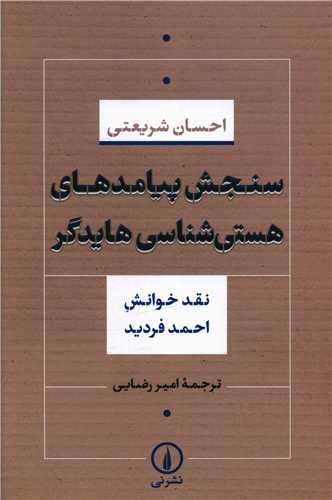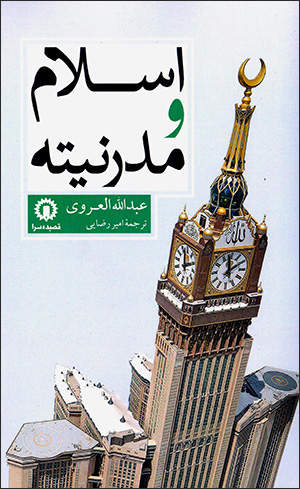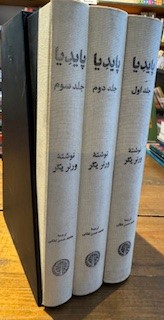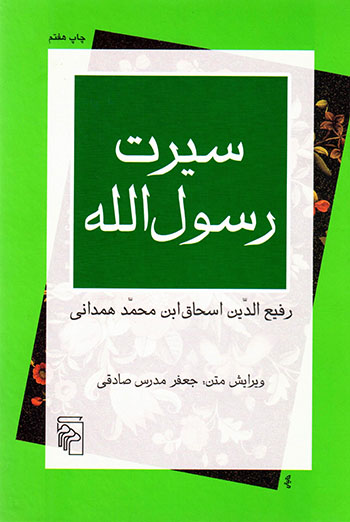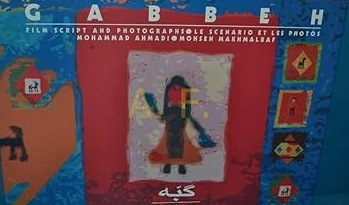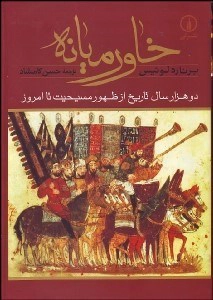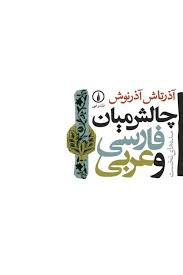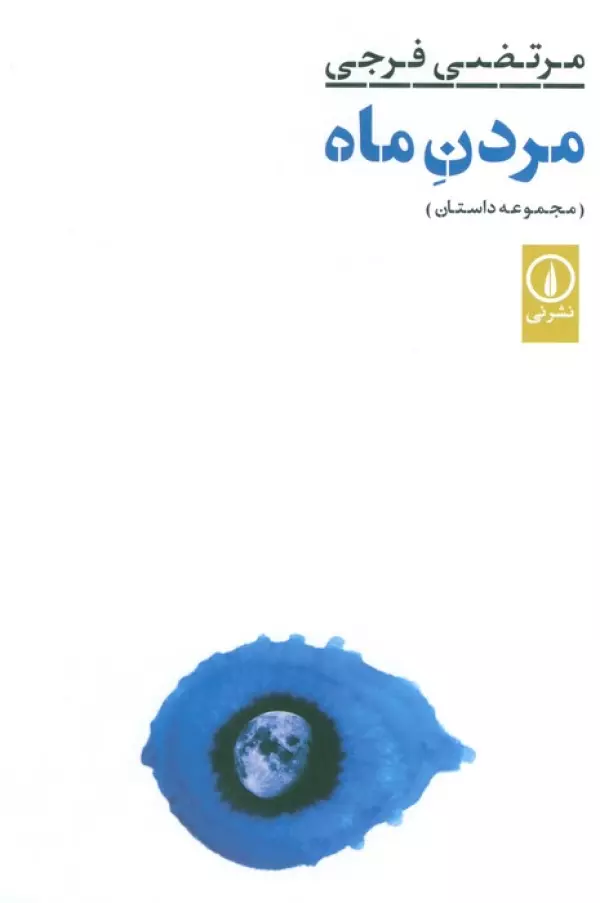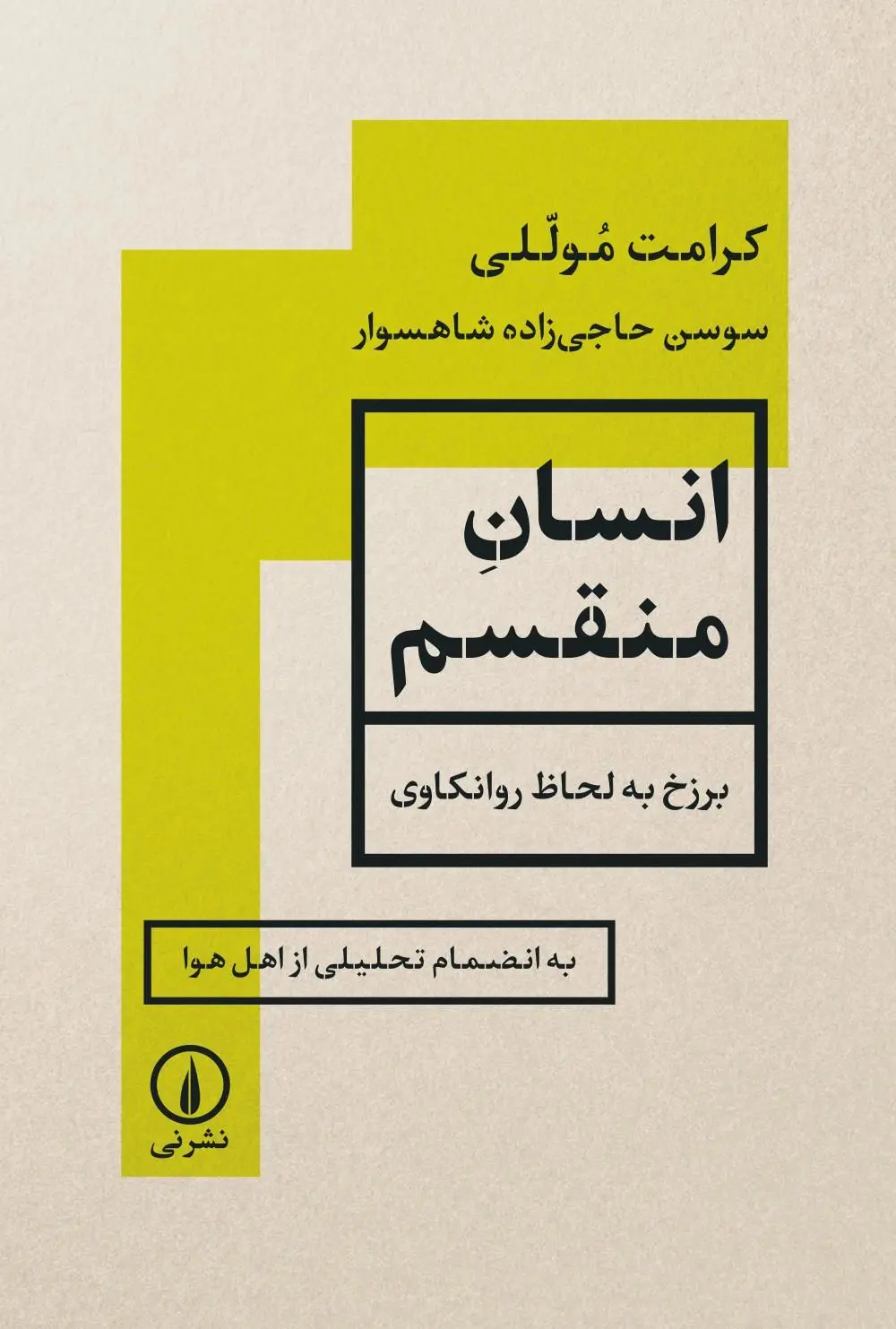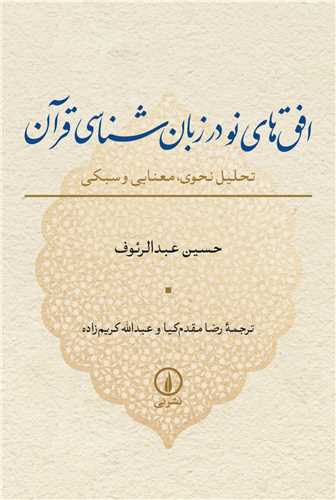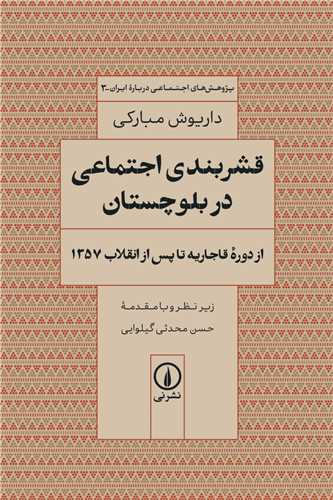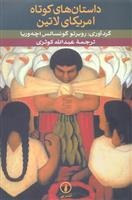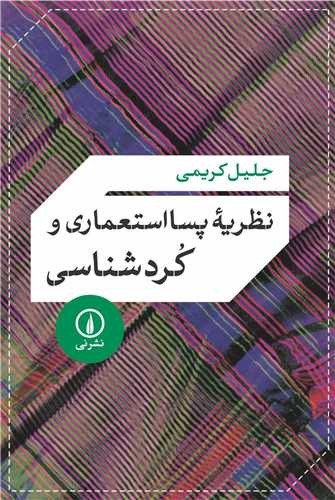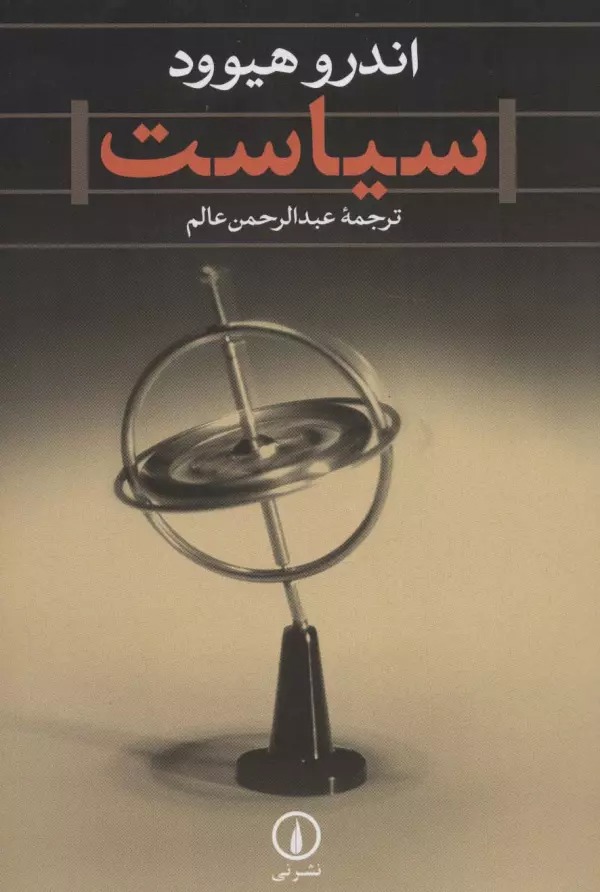Sanjish-i Payāmad'hā-yi Hastī'shināsī-yi Hāydigir: Persian 2023
سنجش پیامدهای هستی شناسی هایدگر
17.54 $
Share
Wishlist
Original Title:
La réception de Heidegger en Iran : le cas de Ahmad Fardid (1910-1994)
ISBN:
9786220604891
Translator:
Amīr Riẕāyī
Publisher:
Nashr-i niy
Age Group:
Adult
Pages:
364
Weight:
415 g
Dimensions:
14 x 21 x 3.3 cm
Book Cover:
Paperback
The method of this comparative research in confronting Heidegger's thought and evaluating Fardid's reading of it is to interpret and criticize the intellectual confusions and moral and political consequences of his legacy. From Heidegger in rethinking the temporal and historical "meaning" of being, a new understanding of the sacred and the sphere of art, criticizing the dominance of the mind-based and technocratic, coexistence in the "camp" of being and, most importantly, rethinking another lifestyle in a world worthy of human dignity and … you can learn a lot. But one should be able to think "with" and "against" Heidegger and not forget to criticize the "shadow" consequences of that thought, that is, "cognitive depersonalization" and "predestination historicism".
The ontological gap of the world of cultures or global civilizations and the understanding of the importance of historical periods and epistemological breaks and the relativity of knowledge and discourses dominant in each era and the necessity of deconstructing hasty combinations as a condition for the possibility of any mental communication or real social dialogue, are aspects of the strength of Heidegger's philosophical question and the legacy of reading. Fardid Irani is from Heidegger. But cultural-civilizational essentialist identitarianism can turn philosophical questioning into a fundamentalist approach and defender of the return of traditional and political civilized sovereignty.
more
روش این پژوهش تطبیقی در رویارویی با اندیشهی هایدگر و سنجش خوانش فردید از آن، بازخوانی تأویلی و نقد سرگشتگیهای فکری و پیامدهای اخلاقی و سیاسی میراث اوست. از هایدگر در بازاندیشی «معنا»ی زمانمند و تاریخمند هستی، درک تازه از امر قدسی و سپهر هنر، نقد سلطهی ذهنبنیاد و فنسالار، باهمـبودگی در «قرارگاه» هستی و، مهمتر از همه، بازاندیشی سبک زیستی دیگر در جهانی شایستهی شأن انسانی و… میتوان بسیار آموخت. اما باید بتوان «باـوـدر برابر» هایدگر اندیشید و نقد پیامدهای «سایهی» آن اندیشه، یعنی «تشخصزدایی یزدانشناختی» و «تاریخگرایی تقدیری» را فراموش نکرد.
شکاف هستیشناختی دنیای فرهنگها یا تمدنهای جهانی و درک اهمیت ادوار تاریخی و گسستهای معرفتشناختی و نسبیت معرفتها و گفتمانهای مسلط بر هر عصر و ضرورت ساختگشایی از ترکیبهای شتابزده بهمنزلهی شرط امکان هرگونه ارتباط ذهنی یا گفتوگوی واقعی اجتماعی، از جنبههای قوت پرسمان فلسفی هایدگر و میراث خوانش ایرانی فردید از هایدگر است. اما هویتگرایی ذاتانگارانهی فرهنگیـتمدنی میتواند پرسشگری فلسفی را بدل به رویکردی بنیادانگار و مدافع بازگشت سیادتهای فرهمند سنتی و سیاسی سازد.
more

